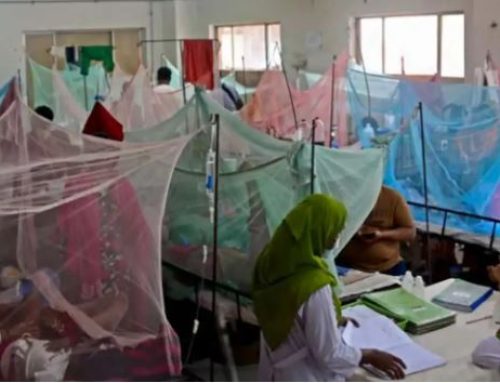Project Description
Author: Palit et al.
Summary:
Mental disorders among refugees have been well explored in several studies. However, longitudinal studies on the impact of the pandemic on refugee populations are widely lacking. This study was designed to examine the impact of the current pandemic on the mental health of Rohingya refugees living in Bangladesh.
This longitudinal study involved a convenience sample of 732 Rohingya people with pre-existing health problems who lived in the Kutupalong refugee camp in Cox’s Bazar, Bangladesh. The first recruitment was performed on 5 July 2019 (prepandemic visit) and assessed the health status of refugees using the Refugee Health Screener-15 (RHS-15). The follow-up survey was conducted on 10 November 2020, approximately 15 months later, during the pandemic. A total of 342 Rohingya refugees who completed the initial survey participated in the follow-up survey. A newly developed COVID-19 Impact on Quality of Life (COV19-QoL) scale was used alongside the RHS-15 scale during the second survey. Ethical measures were taken in compliance with the current Declaration of Helsinki. The analysis was performed using SPSS 26.
A total of 342 Rohingya refugees completed this longitudinal survey. The average age of participants was 32.25 ± 14.01 years (SD), and the predominant age group was ≤ 30 years (n = 207, 60.5%). Most of the participants were female (n = 209, 61.1%). A significant increase in stress was noted from the prepandemic to pandemic periods, as determined by the RHS-15 scale (RHS-15 Part I: 22.96 ± 8.43 vs. 46.72 ± 1.87, p < 0.001; and RHS-15 Part II: 4.43 ± 1.59 vs. 6.91 ± 1.49, p < 0.001). The mean COV19-QoL score of the participants was 4.47 ± 0.15 (out of 5), indicating a perceived negative impact of the pandemic in their lives. In the multiple regression analysis, female sex (β = 0.604, p = 0.017) and COV19-QoL score (β = 2.537, p = 0.003) were significantly associated with higher perceived distress among participants.
Rohingya refugees experienced a significant deterioration of mental health during the COVID-19 pandemic. Alongside other socioeconomic, environmental, and political factors, the pandemic itself might have been a crucial contributor to this negative trend.
Status: Completed and published
Full text link: https://conflictandhealth.biomedcentral.com/articles/10.1186/s13031-022-00443-3#:~:text=Conclusion,contributor%20to%20this%20negative%20trend.
Keywords: COVID-19, Rohingya refugee, Pandemic, Mental health, COVID 2019, Pandemic, Rohingya



